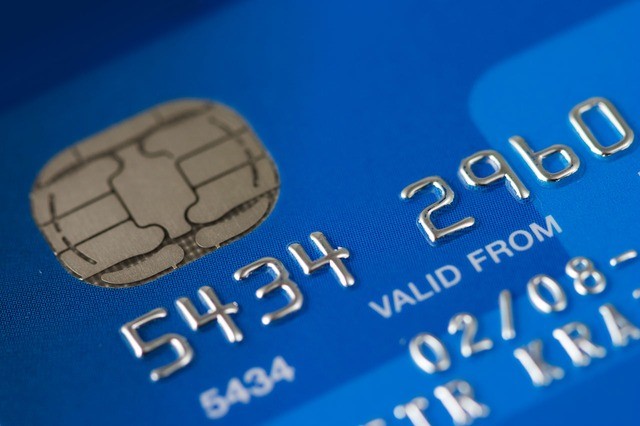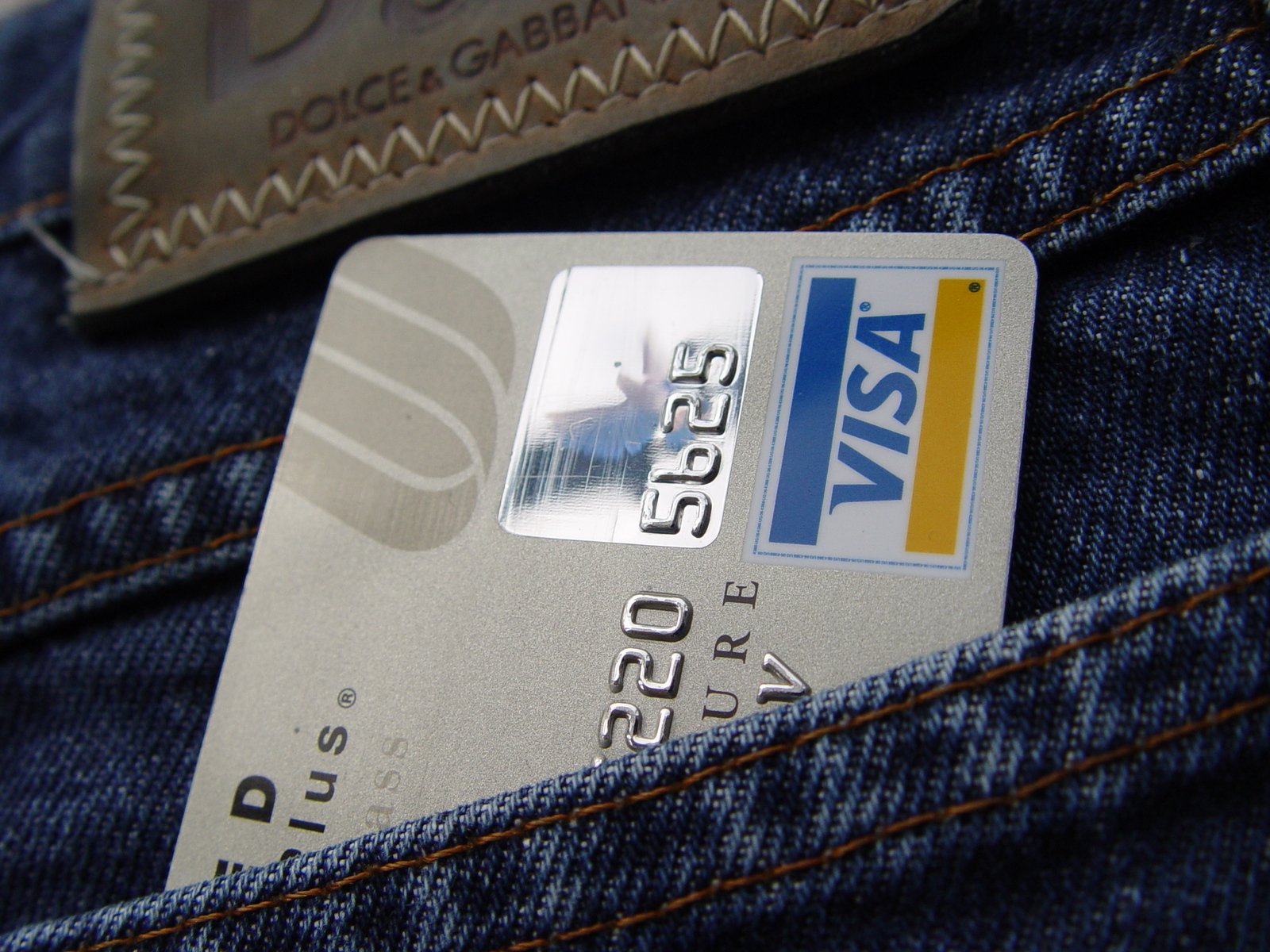5 Credit Myths
- Home
- Credit Cards
- 5 Credit Myths
Credit myths are flying everywhere. From Facebook posts to blogs, the internet is filled with wrong tips and half-truths when it comes to rebuilding or building your credit score.
Here are some 5 credit myths that you should learn today so you can stay on the right and guided path.
1st Myth: Debt is bad news for your credit score
While your credit score will end up suffering if you miss your loan payments or you have tons of debts, it doesn’t really hurt to have debt. The truth is that responsible management of different types of debts shows creditors and lenders of you being a low credit risk, thus helping improve your credit score down the road. Borrowing is usually a must to buy a home, get a car, and establish your credit. This means that you shouldn’t be afraid of debt itself.
2nd Myth: You can buy an excellent credit score with money
Achieving a good credit score is easier if you lots of money but this is not a guarantee in any way. People who have high incomes can still have poor credit while those with only little money can enjoy great credit. Your income is not the only determining factor. You need to learn living within your means and making payments on time all the time.
3rd Myth: You just have a single credit score
Today’s credit industry uses various scoring models to determine the credit scores of consumers. Creditors, lenders, and the rest of the third parties aren’t using similar formulas and they have their own way of weighing the details in your credit report. Things are even more complicated because the information used for calculation of your credit score might also vary according to the specific credit bureau that supplies your report.
This means that that there is no single true credit score per se. But, the same factors can have an impact on your credit score whatever the scoring model is.
4th Myth: Every credit report contains the same information
Just so you know, there are now three main credit bureaus and these are TransUnion, Equifax, and Experian. All of these three maintain different credit reports on consumers. The varied versions of your credit report might not really contain the same details. There are reports that are more detailed compared to others and the details might also vary since there are companies that don’t report all the activities to these three credit bureaus.
5th Myth: You need to close your old credit cards
When you can no longer hang onto your credit card without missing payments or having it maxed out, you need to close it immediately to stay away from trouble. However, if you cannot use your old credit card anymore, you will be much better off if you just leave it open. Your debt utilization factor and the length of credit history are the two primary factors that can have a serious impact on your credit score. This is why keeping your old credit card with zero balance is going to be beneficial for both.
Now that you’ve learned the truth about these 5 credit myths, make sure you keep in mind to stay on the right track. If you want to get excellent credit score then you must read this article Top 5 Ways to Leverage an Excellent Credit Score




